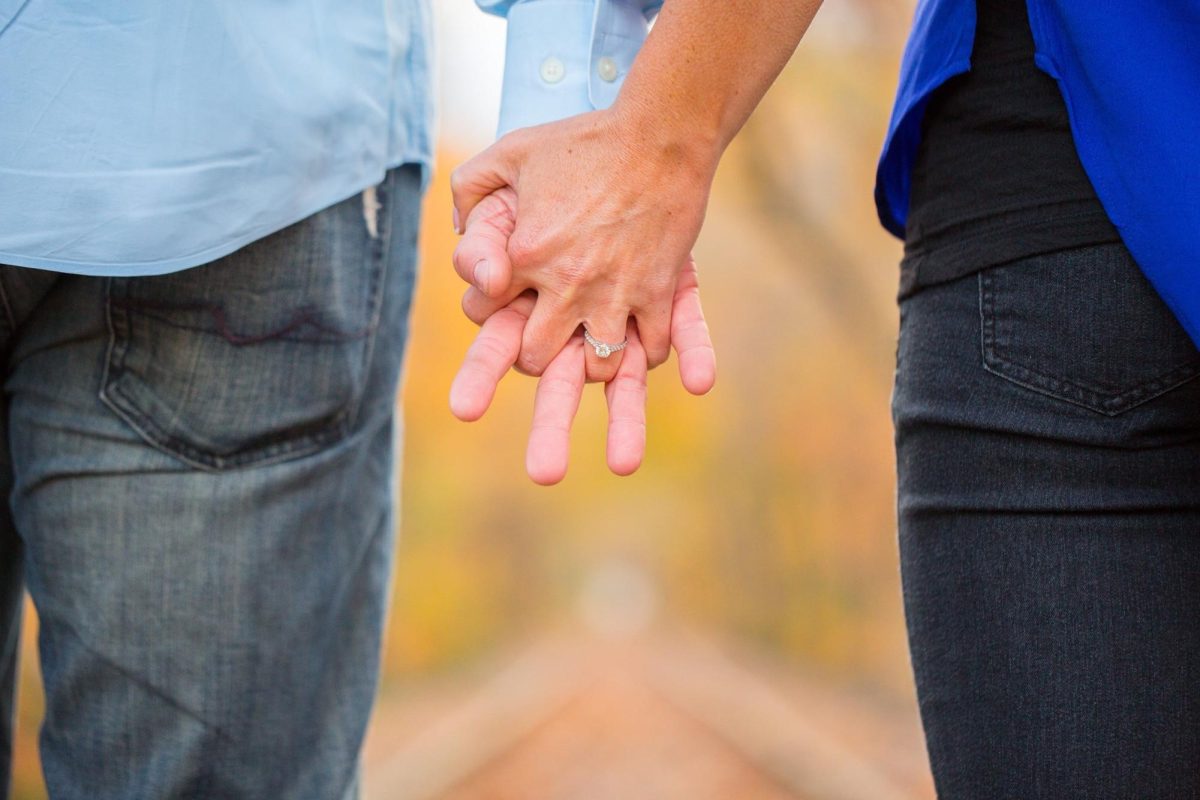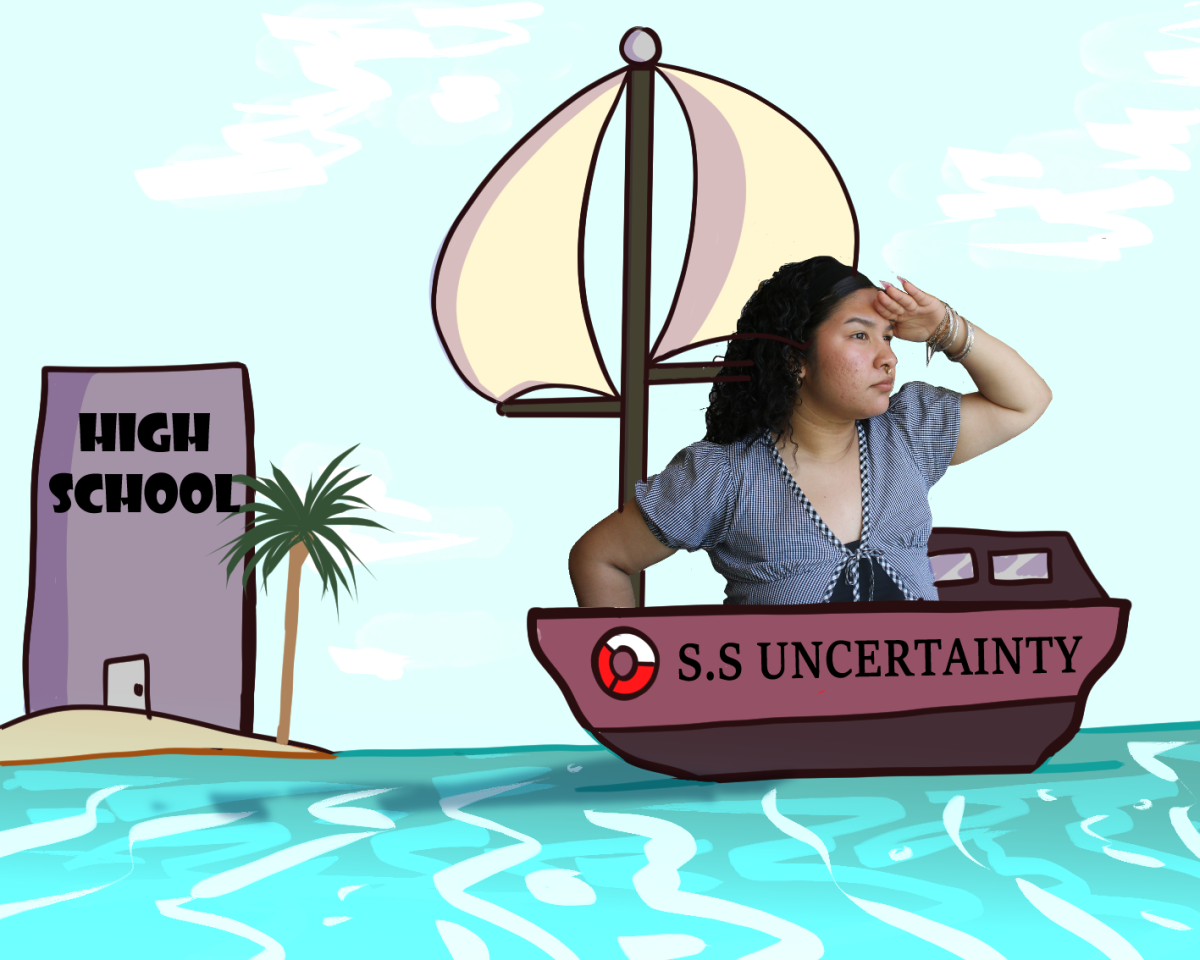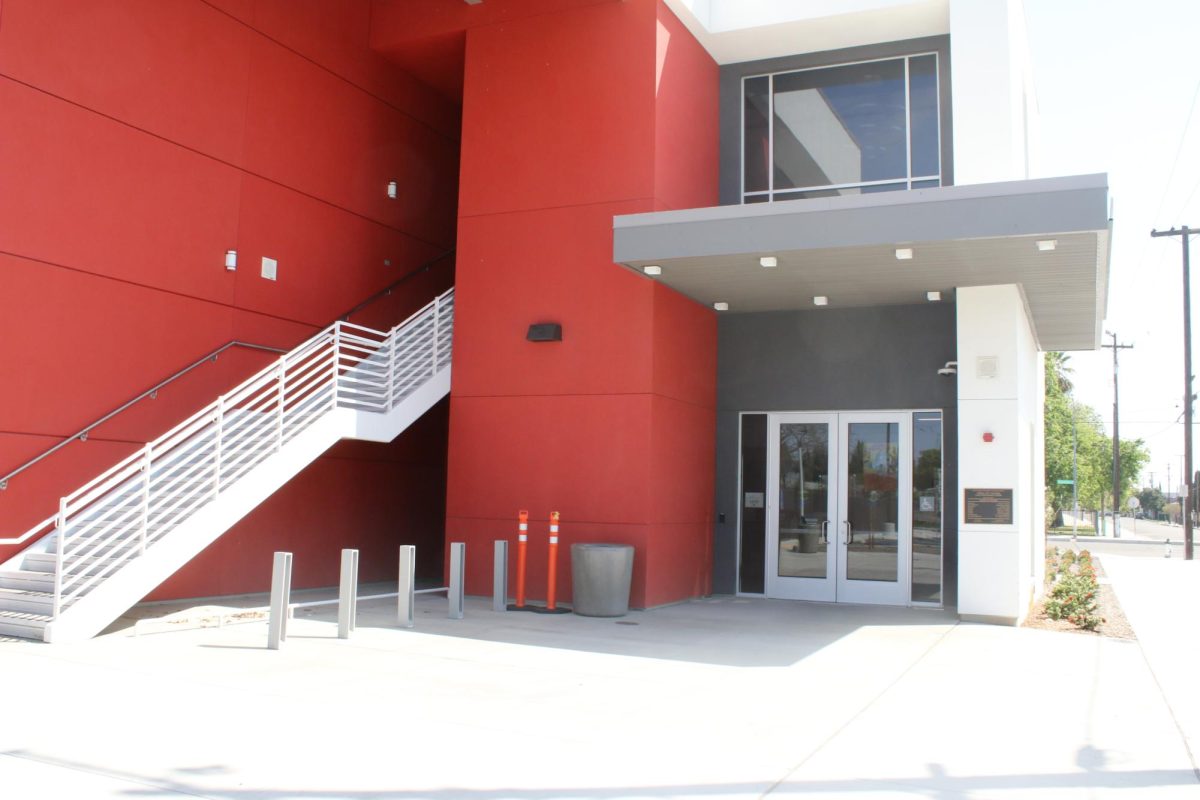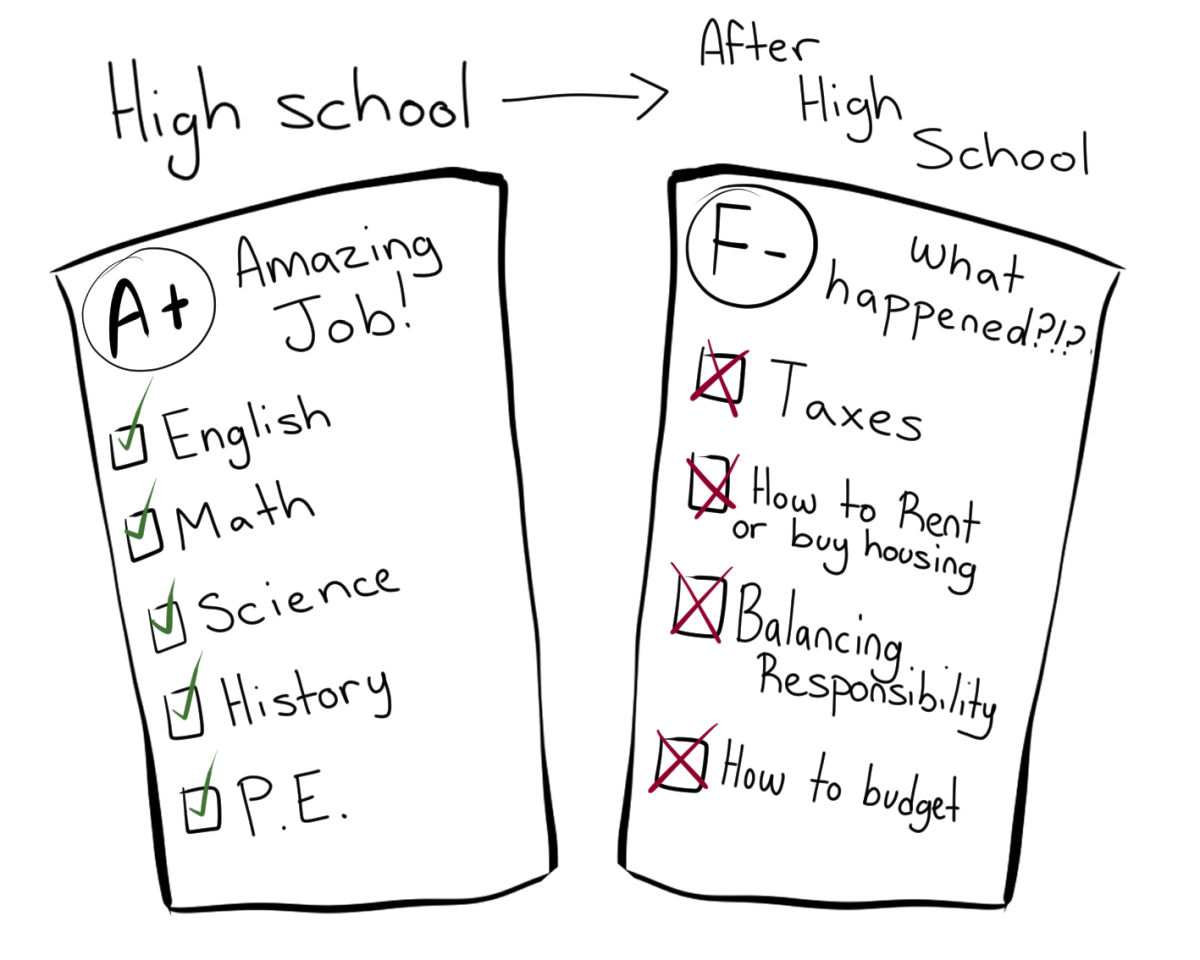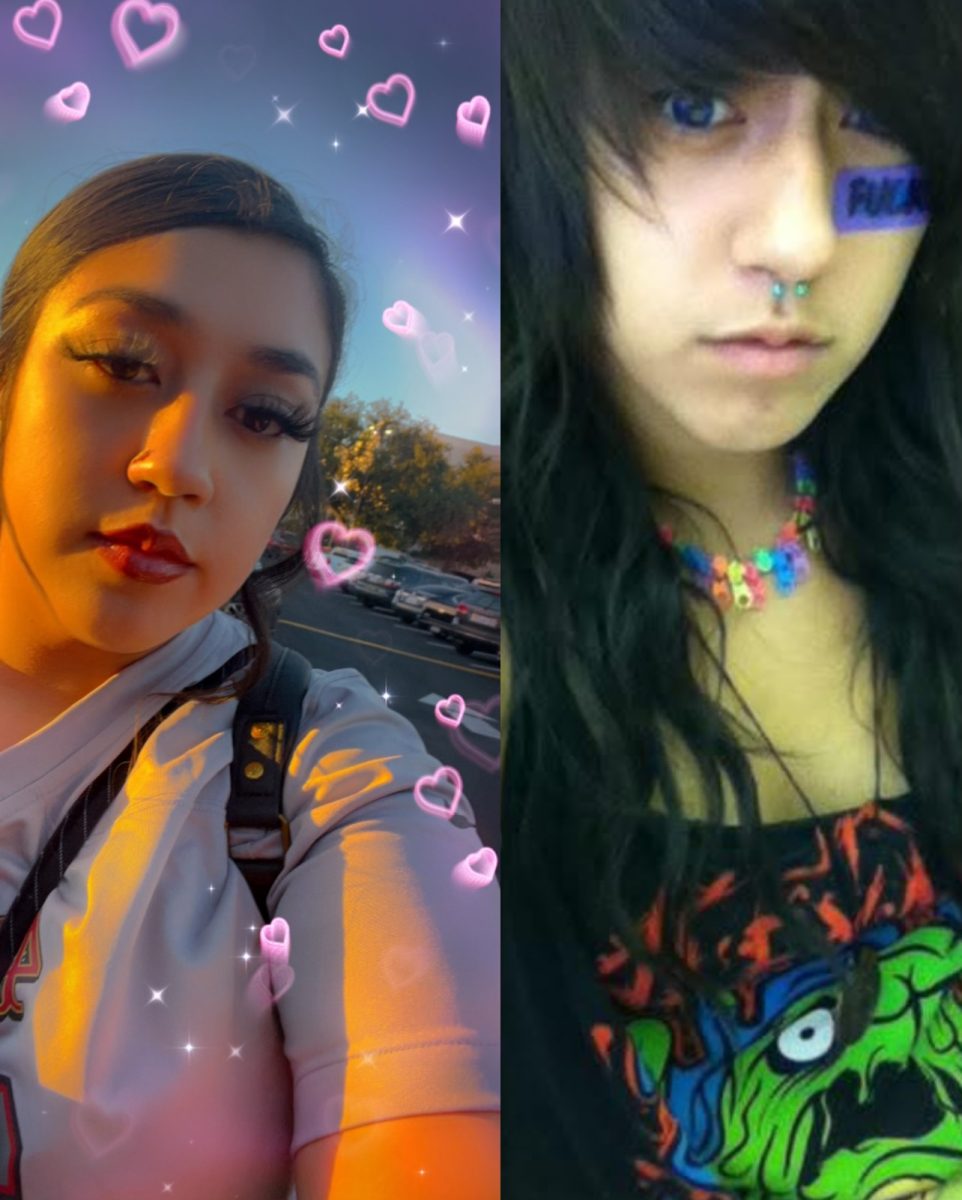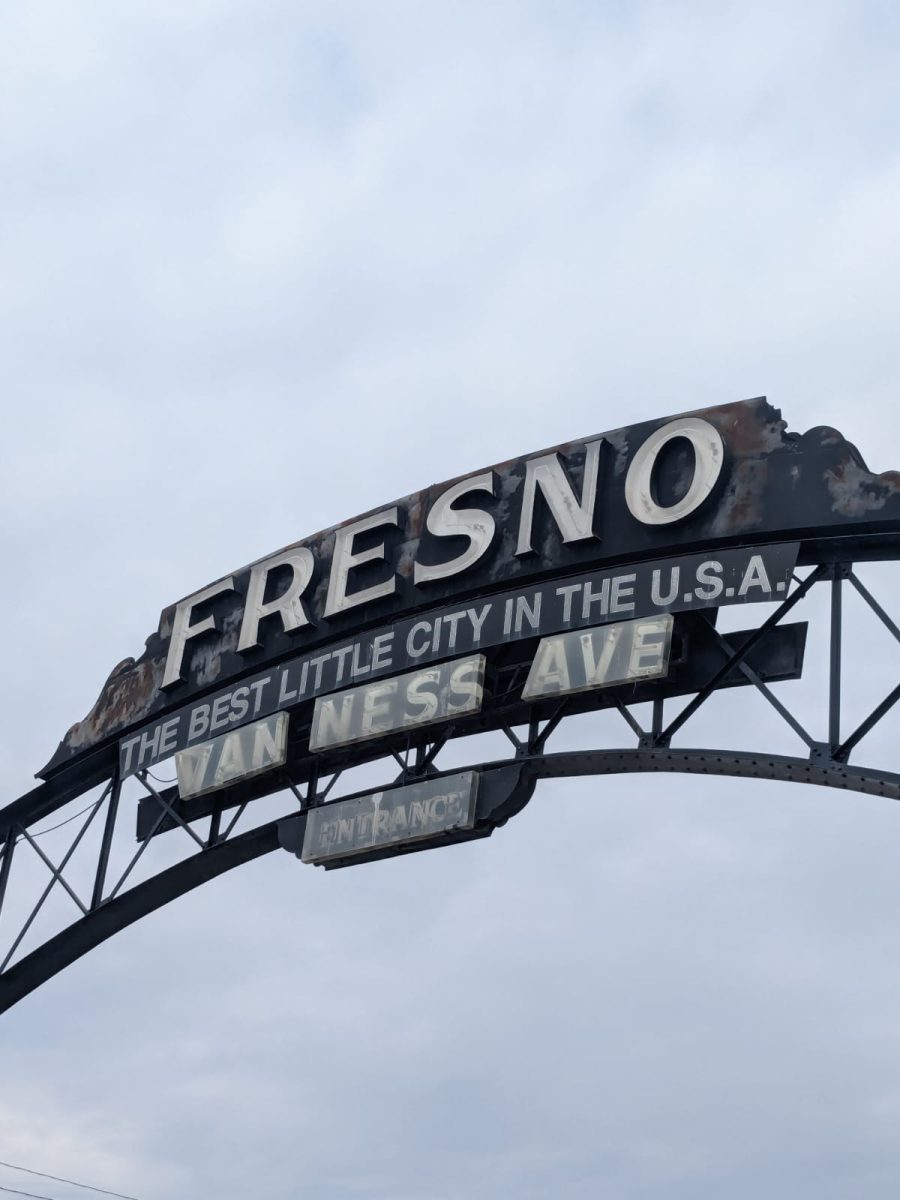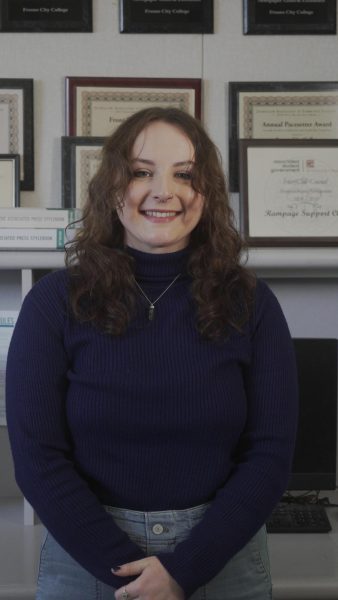The beginning of a relationship is always fun; going on dates, meeting each other’s friends and family, and wanting to spend all of your time together. Time goes on and before you know it, you’re moving into your first apartment together. But for some, things then take a turn for the worst.
Abusive relationships look different for many people, and it’s not always easy to recognize when you’ve entered a toxic or abusive relationship.
Red Flags in Early Relationships
Dr. Rebecca Slaton, a Fresno City College psychology professor, explains the importance of paying attention to red flags, as abusive relationships typically develop over time.
“In the early phases of dating, people are typically on their best behavior, and maybe you feel like you’re in love and everything goes really good,” Slaton said. “And then the first incident happens. It might be an insult, or it might be that they hit you or they lose their temper with you in a really violent way.”
There are many types of abuse, it’s not always necessarily physical. Slaton acknowledges that there can be a lot of emotional and verbal abuse as well.
“I think that young people in particular, don’t recognize that verbal and emotional abuse can be just as damaging and unhealthy as physical abuse,” Slaton said. “As a matter of fact, the instance of teenagers living at home in abusive relationships is higher, way higher than it should be. Because I think that they don’t recognize that this is an abusive relationship.”
Slaton mentioned signs that often precede abuse or lead to escalation include verbal abuse and isolation. It’s important to have your friends and family around, because they offer outside perspectives.
“At some point, the abusive partner will insist that you’re home as soon as you get off work or your home as soon as you get out of a class,” Slaton said. “And then they’ll start cutting the abused partner off from seeing their friends and their family, and so isolation is really, really important because people lose the perspective that this is not a normal relationship.”
It makes sense that the abuser would want to isolate their partner from their best friend. Because that friend is going to tell you when you’ve changed for the worse, and worse could be your new partner.
We think it could never happen to us. They haven’t physically harmed you and they were so charming during the beginning of your relationship. You feel as if you know them better than everybody else, so how would you have missed that?
Personally, I’ve noticed that unhealthy behaviors such as jealousy is often overlooked and even romanticized at times. Secretly reading a partner’s text messages and logging on to their social media to check on them should not be a normalized behavior in relationships.
Jealousy is a frequently misunderstood emotion, being a sign that a person feels threatened in their relationship while showing emotional insecurity, Slaton mentioned.
“You’re going to start engaging in all sorts of suspicious activities, checking somebody’s cell phone, either without their knowledge or insisting,” Slaton said. “That’s one of the red flags that oftentimes shows up on a person experiencing that jealousy.”
Slaton explains gender roles often play a part in how some behaviors become normalized, which makes sense considering the patriarchal society we live in.
“There’s gender differences and gender role expectations that we have while growing up, which is one of the reasons in my classes I like to talk about gender roles and how we really need to re-examine gender roles,” Slaton said. “Gender roles can be harmful, especially in a relationship.”
Humiliation is a red flag to look out for as well, something I don’t feel is talked about enough. Alongside verbal abuse, humiliation is typically one of the first things that happen when an abusive relationship is forming, according to Slaton.
“Breaking down our person’s self esteem and feelings of integrity and self worth, that over time, can actually change that person’s psychology,” Slaton said. “Where they actually come to believe that they don’t deserve any better.”
Having low self esteem plays a major role when someone is deciding to stay or leave a relationship, whether or not you had low self esteem going into a relationship or was caused by the relationship, according to Slaton.
Mental Health Aspects
If we talk about mental health contributing to these toxic or abusive tendencies, it creates a whole other layer of confusion. Because we love our partner despite their struggles, what happens when it starts to negatively affect us? Do we leave our partner while in a state of struggle?
Those aren’t easy questions to answer and they are deeply personal to each individual.
I have my own mental health struggles and I have many loved ones who do as well. But, even though it isn’t our fault that we have these struggles, it is our own burden to bear and nobody else’s, not even our partners.
One of the ways society has fictionalized romance is the idea that love means you should never leave your partner and if you do, you never truly loved them, according to Slaton.
Whether or not your partner is dealing with substance abuse, anger management issues, mental health struggles; Slaton emphasizes that these are the things that can really put a strain on a relationship.
“What point is it becoming unhealthy for me to stay in this relationship? At what point do I sacrifice myself to support my partner?” Slaton said, acknowledging some of the most difficult questions that we are forced to ask ourselves in these challenging situations.
If you decide to leave your partner for your own well-being, keep in mind that emotional manipulation is sometimes used to sustain an abusive relationship, according to Slaton.
“The abuser will engage in some sort of emotional manipulation, and emotional manipulation is very very powerful,” Slaton said. “‘There’s no template unfortunately or decision tree that you can necessarily use, that’s such a subjective personal decision. How long do you wait to see if that person is actually going to deal with their problem and get help before you realize it’s not gonna happen?” Slaton said.
Slaton recognizes this as being a cycle of abuse. There will be apologies and then everything will feel fine for a little while, until it happens again and again. “Unhealthy relationships can be sustained indefinitely depending on a couple, the background or psychology,” Slaton said.
Unhealthy Relationships Aren’t Always Abusive
As a professor, Slaton emphasizes the importance of educating her students on how to determine if they are in an abusive or unhealthy relationship, as not every unhealthy relationship means it’s an abusive one.
Slaton always tells her students, “Relationships are part of who we are as individuals, but we’re so many other things outside of relationships,” Slaton said. “We’re students, we have goals, you know, we have things we want to do with our lives and if you’re in a healthy relationship, fine, we’ll go on a journey together. But I don’t think relationships should inhibit or prevent you from your potential growth.”
If You or a Friend Needs Help
There are resources at FCC through Psychological Services available for students who believe they are in an abusive or toxic relationship, which comes highly recommended by Slaton.
If you suspect a friend may be in an abusive relationship, it’s important to let them know it’s not out of criticism but of concern for a loved one. “Offer them support, tell them you’ll drive them to the counseling center, you’ll drive them to Marjaree Mason,” Slaton said. “[Tell them] ‘I’m there, I’ll be your support system if you need one,’ and hope for the best.”

